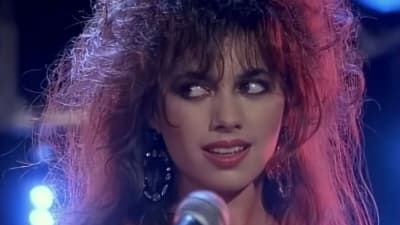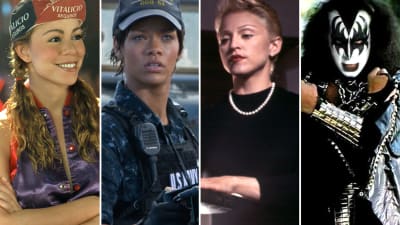- Home
- Quizzes
- My Quiz Activity
- Newsletters
- MY FAVORITES
- Add Sports/Teams
- SPORTS
-
NFL
- NFL Home
- Arizona Cardinals
- Atlanta Falcons
- Baltimore Ravens
- Buffalo Bills
- Carolina Panthers
- Chicago Bears
- Cincinnati Bengals
- Cleveland Browns
- Dallas Cowboys
- Denver Broncos
- Detroit Lions
- Green Bay Packers
- Houston Texans
- Indianapolis Colts
- Jacksonville Jaguars
- Kansas City Chiefs
- Las Vegas Raiders
- Los Angeles Chargers
- Los Angeles Rams
- Miami Dolphins
- Minnesota Vikings
- New England Patriots
- New Orleans Saints
- New York Jets
- New York Giants
- Philadelphia Eagles
- Pittsburgh Steelers
- San Francisco 49ers
- Seattle Seahawks
- Tampa Bay Buccaneers
- Tennessee Titans
- Washington Commanders
-
MLB
- MLB Home
- Athletics
- Arizona Diamondbacks
- Atlanta Braves
- Baltimore Orioles
- Boston Red Sox
- Chicago White Sox
- Chicago Cubs
- Cincinnati Reds
- Cleveland Guardians
- Colorado Rockies
- Detroit Tigers
- Houston Astros
- Kansas City Royals
- Los Angeles Angels
- Los Angeles Dodgers
- Miami Marlins
- Milwaukee Brewers
- Minnesota Twins
- New York Yankees
- New York Mets
- Philadelphia Phillies
- Pittsburgh Pirates
- San Diego Padres
- San Francisco Giants
- Seattle Mariners
- St. Louis Cardinals
- Tampa Bay Rays
- Texas Rangers
- Toronto Blue Jays
- Washington Nationals
-
NBA
- NBA Home
- Atlanta Hawks
- Boston Celtics
- Brooklyn Nets
- Charlotte Hornets
- Chicago Bulls
- Cleveland Cavaliers
- Dallas Mavericks
- Denver Nuggets
- Detroit Pistons
- Golden State Warriors
- Houston Rockets
- Indiana Pacers
- Los Angeles Clippers
- Los Angeles Lakers
- Memphis Grizzlies
- Miami Heat
- Milwaukee Bucks
- Minnesota Timberwolves
- New Orleans Pelicans
- New York Knicks
- Oklahoma City Thunder
- Orlando Magic
- Philadelphia 76ers
- Phoenix Suns
- Portland Trail Blazers
- Sacramento Kings
- San Antonio Spurs
- Toronto Raptors
- Utah Jazz
- Washington Wizards
-
NHL
- NHL Home
- Anaheim Ducks
- Boston Bruins
- Buffalo Sabres
- Calgary Flames
- Carolina Hurricanes
- Chicago Blackhawks
- Colorado Avalanche
- Columbus Blue Jackets
- Dallas Stars
- Detroit Red Wings
- Edmonton Oilers
- Florida Panthers
- Los Angeles Kings
- Minnesota Wild
- Montreal Canadiens
- Nashville Predators
- New Jersey Devils
- New York Islanders
- New York Rangers
- Ottawa Senators
- Philadelphia Flyers
- Pittsburgh Penguins
- San Jose Sharks
- Seattle Kraken
- St. Louis Blues
- Tampa Bay Lightning
- Toronto Maple Leafs
- Utah Hockey Club
- Vancouver Canucks
- Vegas Golden Knights
- Washington Capitals
- Winnipeg Jets
- NCAAF
- NCAAM
- Olympics
- Boxing
- Entertainment
- Lifestyle
- Golf
- MMA
- Soccer
- Tennis
- Wrestling
- Sports Betting
- More Sports
- RESOURCES
- My Account
- YB on Facebook
- YB on Twitter
- YB on Flipboard
- Contact Us
- Privacy Policy
- Terms of Service

There’s no question that films often play a key role in helping a culture understand what it thinks about itself, its values, and its preoccupations. This is particularly true when it comes to leadership, and throughout the decades, many films have been preoccupied with the figure of the leader. What makes a good one? How does a leader engage with vexed questions of morality? How does a leader rise above the fray? Fortunately, there are many examples of great leaders in the movies, men and women, both fictional and real, who show what it takes to inspire others.
Princess Leia
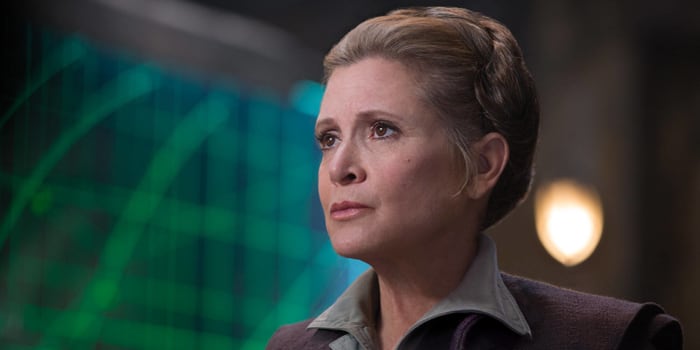
The late Carrie Fisher made an indelible impression on the world of popular culture when she stepped into the role of Princess Leia in the first Star Wars film. From the very beginning, Leia showed herself to be one of the most effective leaders that the Rebellion had ever seen, and she would remain so for the rest of her time in the series. Even though she endured significant heartbreak — witnessing the death of her husband and her son’s fall into the Dark Side — she persevered, giving strength and inspiration to those who looked to her to give them what it took to defeat first the Empire and then the First Order.
Miranda Priestly
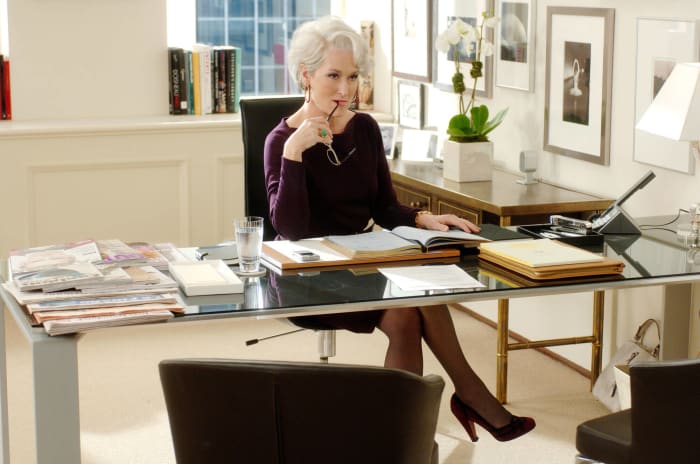
Even though Anne Hathaway’s Andy Sachs is the main character of The Devil Wears Prada, Meryl Streep’s Miranda Priestly is the main draw. She is a truly formidable personality, and she rules over Runway magazine with an iron fist. Impatient with failure or shortcomings of any kind, she can sometimes seem uncaring, but it’s more accurate to say that she cares about quality. This helps explain why she is so widely respected in her field, and such is the power of her personality and her leadership skills that she can command the loyalty of everyone around her.
General Nanisca
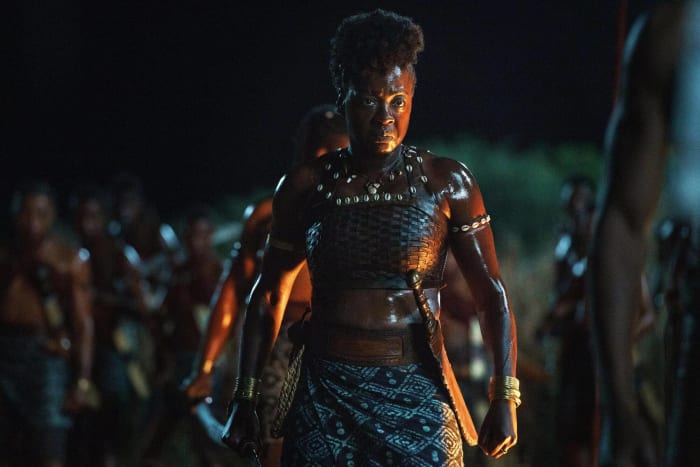
Viola Davis gives one of the best performances in her career in The Woman King as Nanisca, one of the warrior women of Dahomey. Nanisca is a formidable personality — able to wield a sword with brutal efficiency and cares deeply about her country and the young women she trains to become the next generation of warriors. Moreover, she also shows that she has a clear conscience, which drives so many of her actions and leads her to do what is right, even when doing so may not always be politically expedient.
Martin Luther King, Jr.

Selma is one of the most important films from the 2010s. Starring David Oyelowo, this is the type of film that truly brings history to life in all of its drama and emotional power. The film allows the modern viewer to see in new ways why King embarked on the mission that he did. Though, like all historical films, it takes some liberties with the established facts, Ava DuVernay’s inspired direction and Oyelowo’s performance mean that this film serves as an important reminder of the enduring importance of the Civil Rights Movement.
Gandhi

Gandhi is one of those historical leaders who has, in the minds of many, become something of a secular saint. In 1982, he received a splendid biopic treatment in the film starring Ben Kingsley in the title role. There’s no question that this film is something of a hagiography, smoothing away some of Gandhi’s less palatable attributes and actions, but this does nothing to lessen its power and its impact. Watching this film and seeing Kingsley’s emotionally resonant and mesmerizing performance, it’s easy to see how such a man could lead his country to independence from Great Britain.
Jean-Luc Picard
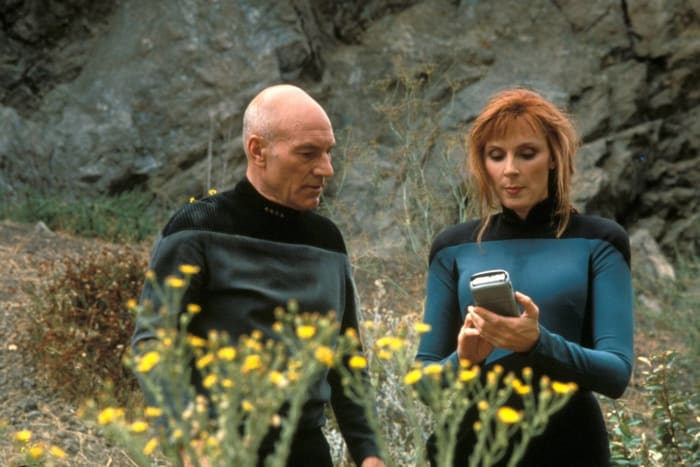
There have been many great characters from the Star Trek franchise, but few leaders have been as effective and beloved as Jean-Luc Picard. Patrick Stewart portrays him as a man of honor and dignity but, more importantly, always tends to the crew's needs under his command. In addition to appearing in The Next Generation, Picard has appeared in several feature films and shows that he is the type of leader who would rather negotiate than immediately leap into conflict, which, in both Star Trek and real life, is something to be applauded for.
Black Panther

Before his death, Chadwick Boseman showed himself to be one of the most formidable actors of his generation, and in the character of Black Panther, he became an icon for the ages. This character is someone who is a proud and noble leader of Wakanda, someone who will always do what is best for his country and its people. Like the best leaders, he also has a strong sense of what is right and wrong, and unlike some others (most notably Killmonger), he refuses to let himself be governed by a desire for vengeance. Instead, he lets justice be his guiding principle, and his kingdom is all the stronger for it.
Captain America
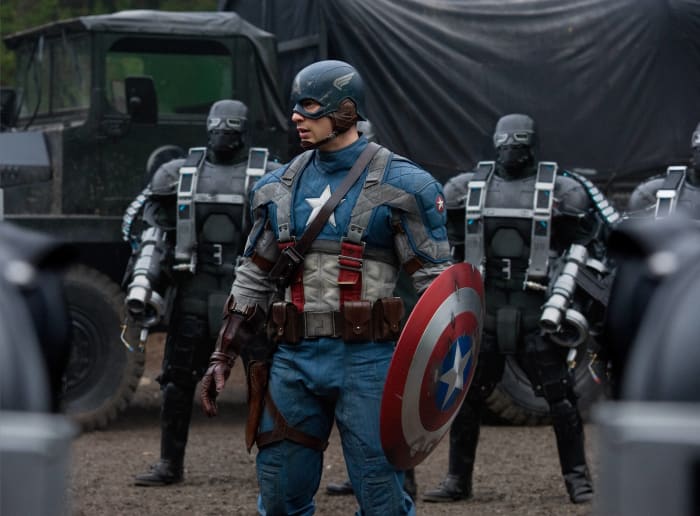
For many, Captain America is one of the most beloved of the Avengers, largely because of Chris Evans's undeniable charisma. In his hands, Cap becomes someone who has a genuine moral compass that he is determined to live by, even if this sometimes puts him at odds with his fellow Avengers (most notably and consistently Tony Stark/Iron Man). Even though he can be very stubborn and sometimes inflexible, he nevertheless is an effective leader, and it is thanks to his virtues and skills that the Avengers become one of the most potent fighting forces in the world.
Nick Fury
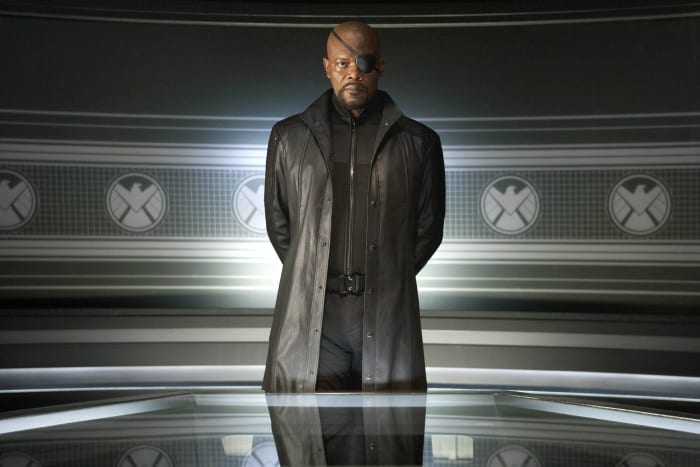
Nick Fury is one of the most beloved characters from the Marvel Cinematic Universe. Tough and no-nonsense, he is the perfect role for Samuel L. Jackson, who has portrayed him from the beginning. He’s willing to put his life on the front line in the fight against evil and threats, even going so far as to fake his death on several occasions. Even more notably, he is also a born leader, and his ability to wrangle the Avengers together —despite their many clashing personalities — is the clearest indication of his leadership abilities.
Harvey Milk
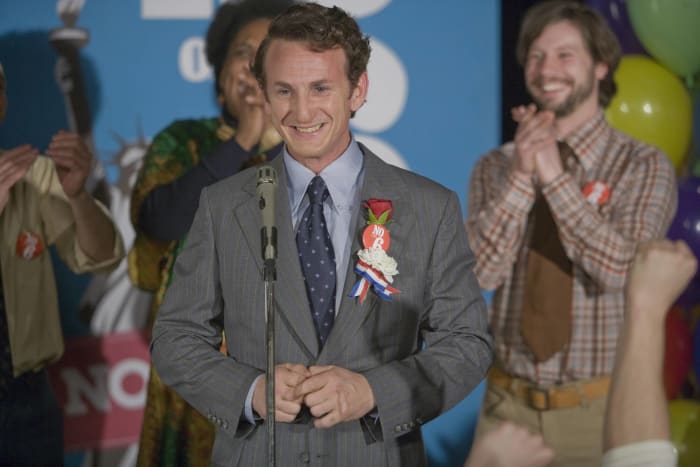
Famous for his pioneering work in New Queer Cinema, Gus Van Sant turned his attention to the biopic in Milk, which focuses on gay activist Harvey Milk, played in the film by Sean Penn. As the first openly gay man elected to public office, Harvey Milk was a pioneer, and Van Sant’s direction and Dustin Lance Black’s screenplay do the man justice. It firmly situates Milk in his cultural and social milieu, and while it makes it clear that he was a hero, it also emphasizes the human nature of his work. More than anything else, the film is a testament to the hope that Milk represented to those who had, for so long, found themselves unrepresented in government.
Margaret Thatcher

Few political leaders of the UK have been as divisive as Margaret Thatcher. However, in The Iron Lady, she gets the full biopic treatment. While some aspects of the film are predictable, there’s no question that Meryl Streep gives one of her great performances. Most importantly, the film doesn’t just focus on what made Thatcher a formidable leader of the UK; it also shows her as a fully fleshed-out human being who was a wife and a mother as well as a Prime Minister. It’s a refreshing change from the caricatured way Thatcher is often depicted.
Spartacus
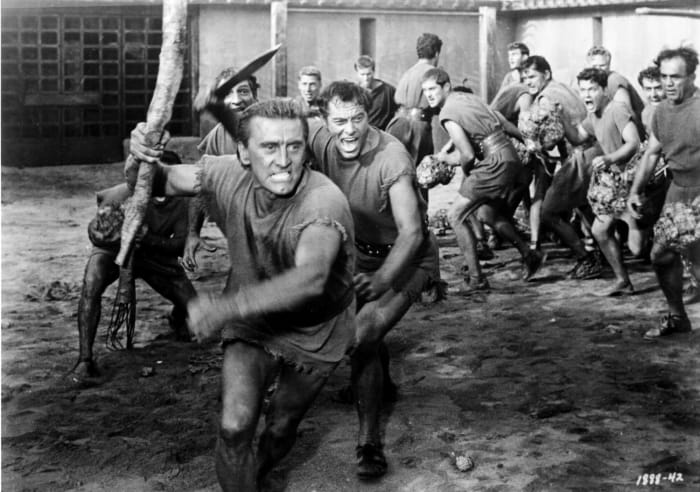
Kirk Douglas gave one of the best performances of his entire career in Spartacus, the Stanley Kubrick epic focused on the Roman enslaved person who rose to lead a rebellion that nearly toppled the Republic. With his square jaw and burning intensity, Douglas is very believable as the man who could give a mass of cowed enslaved people the power and desire to fight for something better than their involuntary servitude. So great is his magnetism and loyalty that, when it comes time for him to be executed, several of his men claim to be him to share in his fate rather than let the Romans have him. Even though their revolt ultimately fails, Spartacus’ memory lives on in the person of his child and wife, who manage to escape the slaughter.
Cleopatra

Ever since taking her own life, Cleopatra has exerted a powerful hold on the imagination, and in the sprawling epic film, which bears her name, she is shown to be beautiful and a shrewd leader of men. Elizabeth Taylor is at her very best in this role, and she allows Cleopatra to become something more than just a creature of the fevered imagination. Instead, she is determined to obtain the power she feels she deserves, even if this means using Julius Caesar and Mark Antony for her purposes. She is clearly one of the most formidable personalities from the classical Hollywood epic.
Mufasa
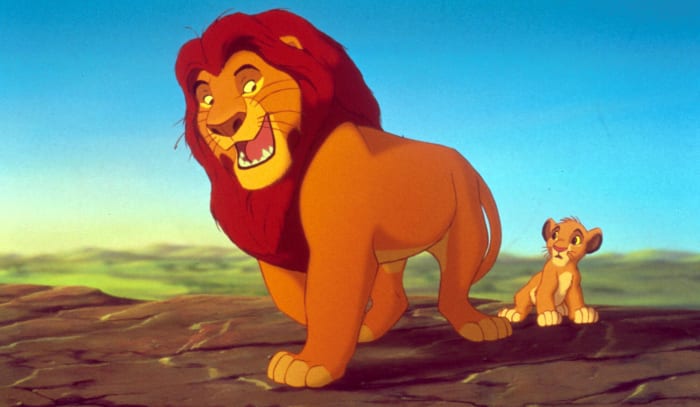
Though there have been many great Disney dads in the history of the Disney canon, few are as universally beloved as Mufasa. The king of the Pride Lands, he rules over his domains with a judicious attitude. Unlike his brother Scar, he believes in the Circle of Life and the interconnectedness of all life. It’s a small wonder that his son Simba holds him in such high esteem, just as it’s no surprise that his death at his brother’s hands leads to environmental and ecological collapse once Scar becomes king and lets his hyena minions run rampant.
Elizabeth I

Cate Blanchett delivered an instantly iconic performance as Elizabeth I in the film Elizabeth, following this up with an equally indelible performance in Elizabeth: The Golden Age. In both instances, she allows viewers to see Elizabeth as a truly great ruler who took her responsibility seriously. Whether it's giving up the love of her life so that she could become the queen that her people needed in troubled times or riding out to inspire her trips to fight back against the invading Spanish Armada, Blanchett’s Elizabeth is a queen for the ages, someone who deserves the epithet “Gloriana.”
Robin Hood

Robin Hood has been portrayed many times on the screen, but rarely with as much panache and derring-do as by Errol Flynn, who played him in the 1938’s The Adventures of Robin Hood. With his swashbuckling demeanor and his radiant smile, Flynn is perfectly cast as the man determined to bring about the tyrannical rule of Prince John and his minion, Guy of Gisbourne (played by the ever-menacing Basil Rathbone). Robin is an inspiring leader of men because he is more than capable of battling one-on-one with his enemies, giving his Merry Men something and someone to believe in and follow.
Moses

The Ten Commandments remains one of the most ambitious films ever made by Hollywood, and its enduring popularity is a testament to Cecil B. DeMille’s skills as a filmmaker and his skill at making epic cinema. However, it is also due to the formidable screen presence of Charlton Heston as Moses, whose granite-like features are perfect for the man who leads the Hebrews out of their period of bondage in Egypt. Gazing at Heston as Moses, one can well believe that they are watching the man who becomes nothing less than a conduit for the will of God to be made manifest in the physical world.
Leonidas
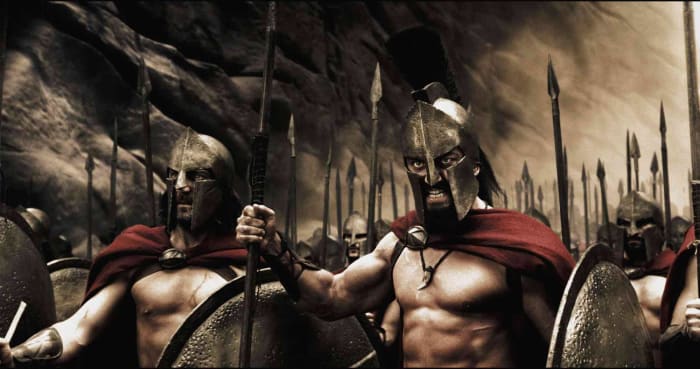
The pulpy 300 focuses on a group of 300 Spartans who make a stand against the invading and brutal Persians. They are led by Gerard Butler’s Leonidas, a king as committed to his family as he is to making sure Sparta and the rest of Greece do not fall under the sway of despotism. Butler is perfectly cast, and he brings a wry approach to the role that keeps it from sliding all the way into camp excess. It’s easy to see why his men are so willing to follow him into battle, even though they all realize that it inevitably means their death to do so.
Maximus
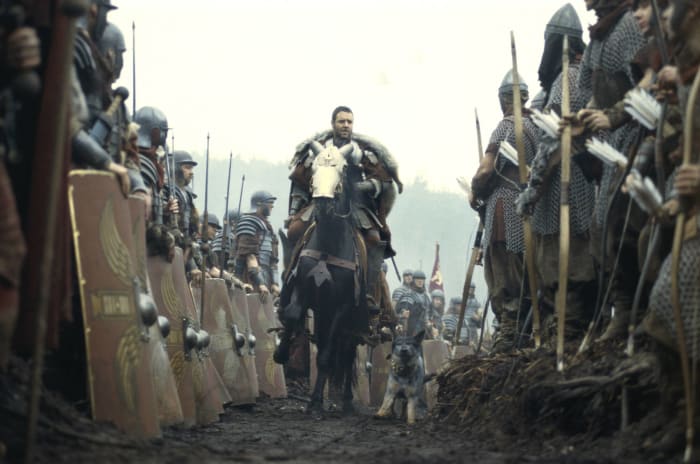
Ridley Scott’s Gladiator is a bit of a throwback to an earlier period of filmmaking, focusing on the Roman Empire and the spectacle of the Colosseum. Its main character, Russell Crowe’s Maximus, is the paradigmatic example of a strong leader of men. He’s willing to fight in the trenches with his soldiers. Once he becomes a gladiator, he lets his natural leadership instincts take over, allowing him to survive in the arena's brutal life and thrive. Ultimately, his death, though wrenching, nevertheless paves the way for Rome's new birth of freedom, cementing his legacy as a great leader.
Malcolm X

In Malcolm X, the searing biopic from Spike Lee, Denzel Washington gives one of his trademark performances, seeming to inhabit the mind and soul of his subject. This is the type of biopic that genuinely invites the viewer to understand its subject in new and surprising ways. It not only provides insight into Malcolm X’s life and the way that it shaped his political philosophy and activism but also situates his own extraordinary life against the circumstances that made his rise possible. There is a heart and a passion to this film and to Washington’s performance that helps to elevate this biopic among most others in its genre.
Abraham Lincoln

Few presidents in American history are as widely beloved and respected as Abraham Lincoln. In Steven Spielberg’s film Lincoln, he is given the full biopic treatment. Spielberg is quite reverent in his approach to this significant figure, and Daniel Day-Lewis gives one of his best performances. Far more than just an icon or a perfect hero, Lincoln is revealed to be a human being like any other, with all of the shortcomings and doubts that assail anyone who occupies a position as powerful as the American presidency. Watching this film, one gains a renewed respect for him and his leadership skills in one of the most tumultuous periods of American national life.
Winston Churchill

Winston Churchill was one of the most influential figures of the 20th century, key to the UK’s resistance to Nazi Germany. In Darkest Hour, he is portrayed by the enormously talented Gary Oldman, one of the most extraordinary and versatile actors of his generation. He gives the viewer a powerful portrait of Churchill as a man of iron willing to hold to his principles even in the face of almost overwhelming odds. Not only does his Winston Churchill inspire those in the film, but he also inspires those in the audience to fight against the malevolent forces of evil and tyranny.
Ramonda
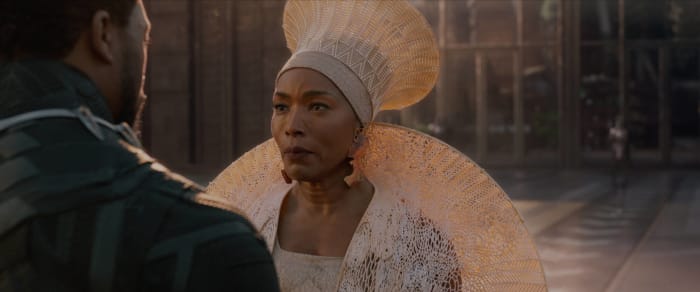
There’s no question that Angela Bassett delivers a knockout performance as Queen Ramonda in the two Black Panther films. Regal, dignified, and as tough as nails, she is every inch a queen who governs with a wise and judicious hand, particularly during times of strife and difficulty (most notably when her son dies of an illness). Though it would have been easy for her to give in to bitterness, Ramonda is the type of leader who will always do their duty no matter the cost, and, as it turns out, she is also willing to sacrifice her life to save others.
William Wallace

However many liberties the film Braveheart might take with the real history upon which it’s based, there’s no doubt that William Wallace is still a hero for the ages. He leads the beleaguered people of Scotland against the overweening might of the English, and he repeatedly shows that he has a keen mind for tactics as well as a solemn and unshakable belief in the need and moral right of Scottish independence. And, like so many other great leaders, he is even willing to sacrifice his own life, eventually enduring torture at the hands of the English for the cause to which he has committed his life.
Aragorn
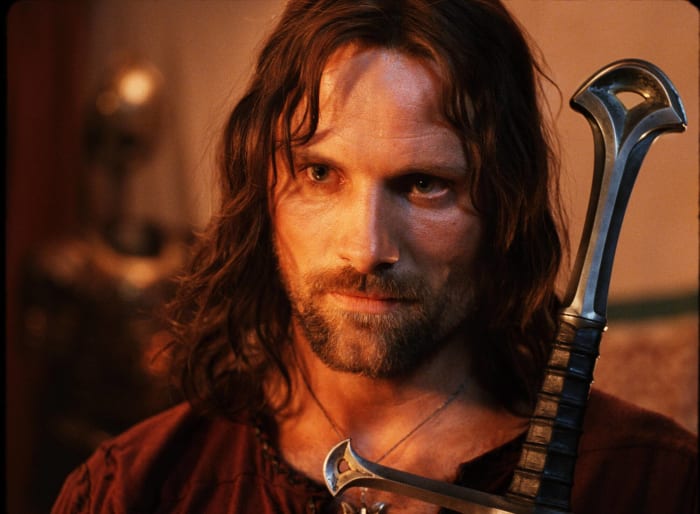
Peter Jackson’s The Lord of the Rings remains one of the most ambitious fantasy films ever made, and it is an apt adaptation of JRR Tolkien’s sprawling work. One of the best characters in the film trilogy is Viggo Mortensen’s Aragorn, who reluctantly takes up his position as the rightful king of Gondor. In addition to being a good king, he is a remarkable leader of men in battle, inspiring his soldiers at the moment when they need it the most. Whether it’s helping to lead the defense of Helm’s Deep against the might of Saruman or leading the forces of the West against Mordor in the hopes of drawing Sauron’s attention from Frodo, Aragorn repeatedly proves that he is one of the best leaders of Middle-earth.
Thomas J. West III earned a PhD in film and screen studies from Syracuse University in 2018. His writing on film and TV has appeared at Screen Rant, Screenology, FanFare, Primetimer, Cinemania, and in a number of scholarly journals and edited collections
More must-reads:
- 23 TV characters who simply vanished without a trace
- 22 of the most anticipated movie releases in 2025
- TV character deaths that we won't forget anytime soon
- One and done: 20 awesome movies we never want to watch again
- 20 actors who have rejected the role that made them famous
Customize Your Newsletter
 +
+
Get the latest news and rumors, customized to your favorite sports and teams. Emailed daily. Always free!
PRIVACY POLICY EDITORIAL POLICY CONTACT US
ABOUT YARDBARKER TERMS OF SERVICE
Use of this website (including any and all parts and
components) constitutes your acceptance of these
Terms of Service and Privacy Policy.
This site is for entertainment purposes only.
There is no gambling offered on this site.
Gambling Problem? Call 1-800-Gambler.




